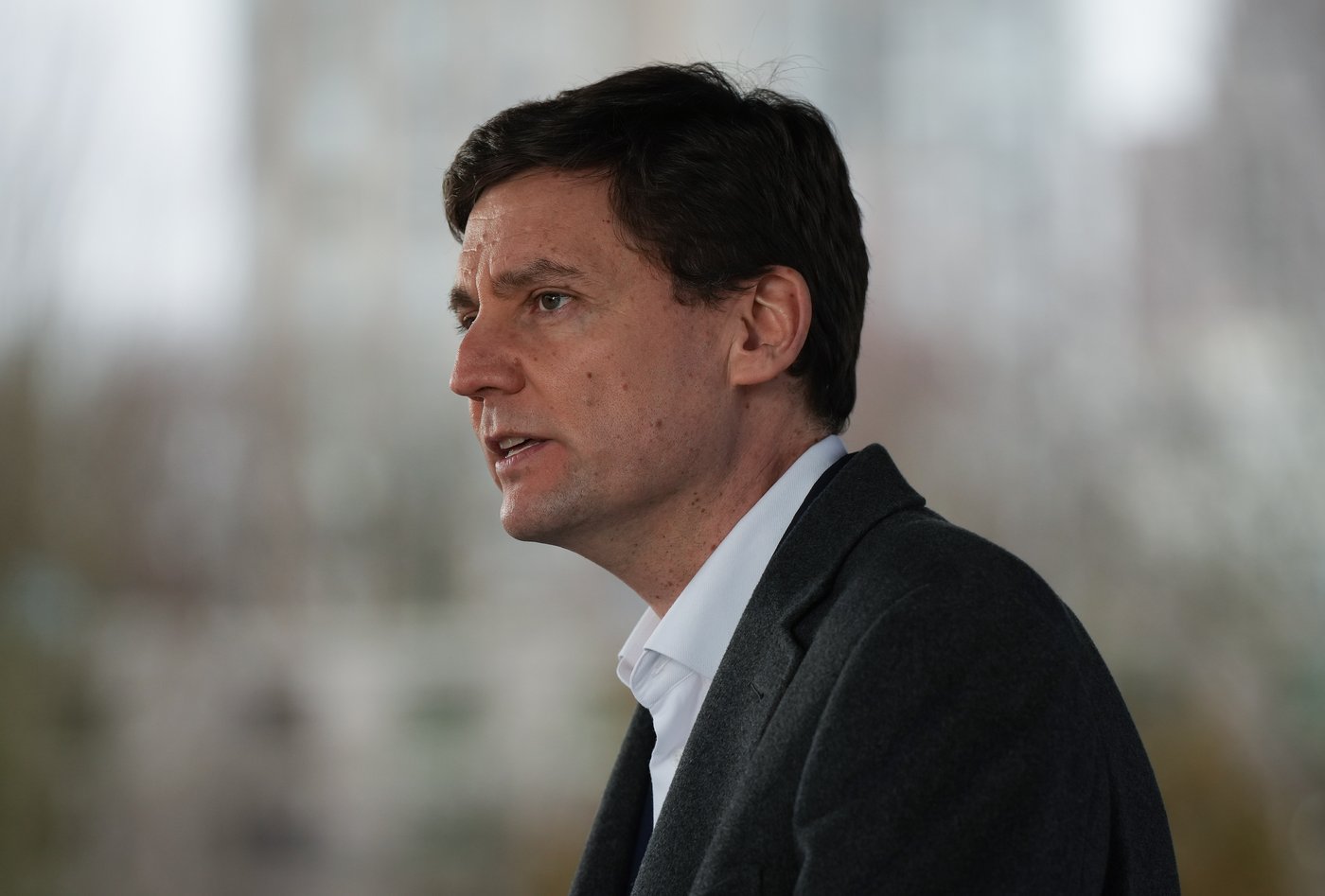Elevate your local knowledge
Sign up for the iNFOnews newsletter today!
Sign up for the iNFOnews newsletter today!
Selecting your primary region ensures you get the stories that matter to you first.

VANCOUVER — British Columbia Premier David Eby and coastal First Nations have signed a declaration calling on the federal government to maintain an oil tanker ban off the province’s north coast.
Eby said Wednesday that one oil spill in the area would destroy billions of dollars in economic activity along the coast, with no technology available to clean it up.
“We call on the federal government to recognize what generations of leaders have. We need to protect our coasts in order to grow our economy,” he said.
Alberta Premier Danielle Smith wants the tanker ban to be repealed as part of her government’s proposal to build an oil pipeline to the B.C. coast.
Chief Marilyn Slett, president of the Coastal First Nations, said the ban is a result of 50 years of advocacy by coastal communities and is “foundational” for keeping the coast healthy and the economy strong.
“We will never stop fighting to preserve our cultural and our spiritual way of life and the coastal wildlife and ecosystems that we depend on,” she said.
Slett said upholding the Oil tanker Moratorium Act would protect ecosystems and grow the coastal economy for the benefit of all British Columbians.
A statement from Smith sent by her office said Alberta had heard Eby’s concerns and is working to address them.
It said the Alberta government agrees there needs to be a credible proponent and extensive First Nations engagement and co-ownership for a pipeline project to move forward.
“However, the federal government has control over interprovincial trade and commerce, and the reason for that is so a single parochial premier cannot block the export of the most valuable asset of five million Albertans,” the statement said.
“The decision to build this pipeline lies solely with Prime Minister Mark Carney and the federal government, and we expect him to act decisively and in support of this project.”
The office later retracted the portion of the statement referring to a “parochial premier,” saying it was not correct and had been updated.
Jason Alsop, president of the Haida Nation, said there’s “absolutely no support for pipelines” to the coast or oil tankers around Haida Gwaii.
The declaration says repealing the tanker ban would risk major projects and “cheat” B.C.’s economy out of thousands of jobs and billions of dollars in investments while risking irreversible ecological damage.
“We urge the federal government to stand firm in its commitment to uphold the tanker ban. Protecting the North Coast is not an item for negotiation — it is a national responsibility, and it is a quantifiable investment in Canada’s treasured marine environment and the economic prosperity of future generations,” the declaration says.
It’s signed by Eby, Slett, Alsop, Lax Kw’alaams Mayor Garry Reece, Paula Amos of Indigenous Tourism B.C. and hereditary elder Clarence Innis.
Eby said his government has underlined in multiple meetings with federal ministers and with Prime Minister Mark Carney that the oil tanker ban is a “foundational and critical catalyst” for economic activity in British Columbia.
‘What I’ve heard the federal government say is that they will not advance projects over the objections of the provincial governments or First Nations through the major projects office or otherwise,” he said.
“I think it’s pretty clear today that there is no support for lifting that tanker ban in the province of British Columbia.”
Eby has maintained that Smith’s proposed pipeline lacks a proponent, financial backing and a route, and has referred to it as “wedge politics.”
— With files from Jack Farrell in Edmonton
This report by The Canadian Press was first published Nov. 5, 2025.
This site is protected by reCAPTCHA and the Google Privacy Policy and Terms of Service apply.
Want to share your thoughts, add context, or connect with others in your community?
You must be logged in to post a comment.